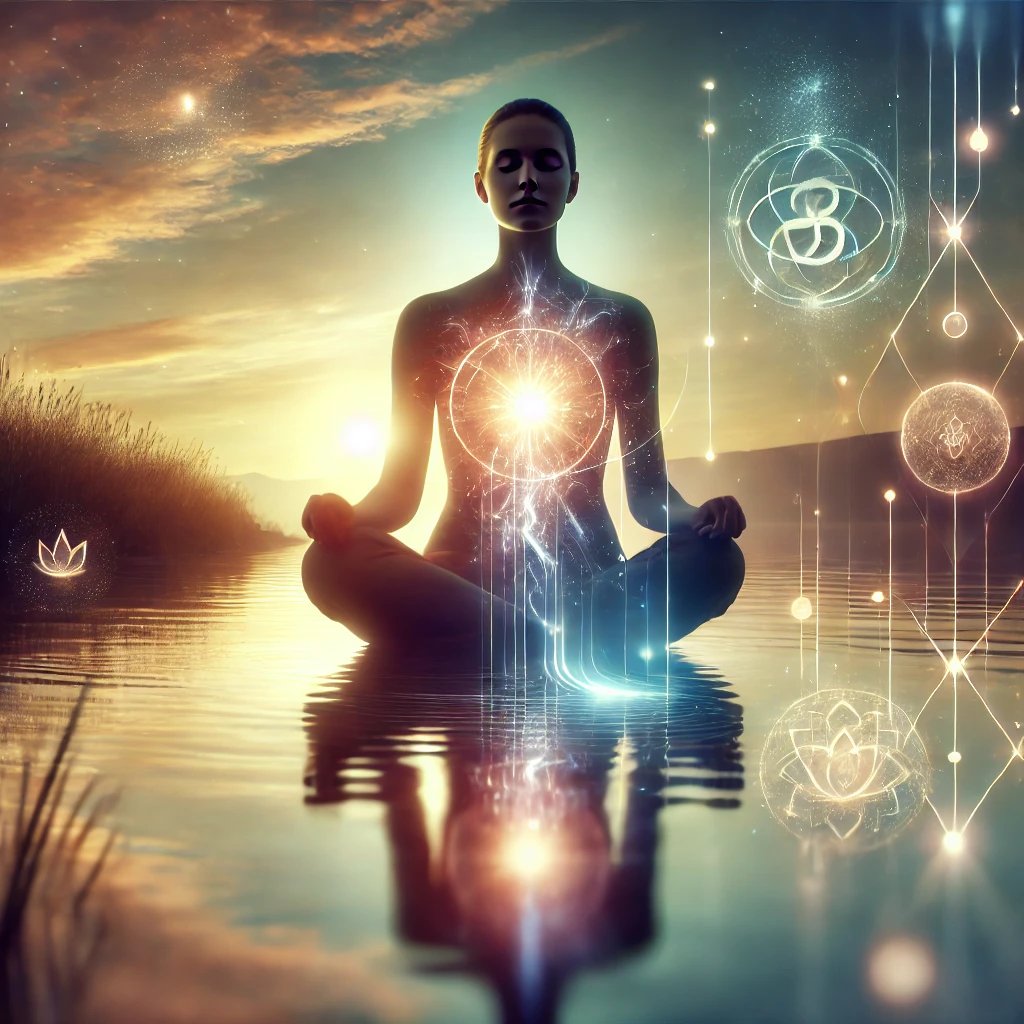Self-Reflection – A Powerful but Fading Art
Spend time reflecting on your thoughts, actions, behaviors values and dreams and rediscover yourself.
INNER HARMONYACTION


10/23/24
Self-Reflection – A Powerful but Fading Art
"Your visions will become clear only when you can look into your own heart. Who looks outside, dreams; who looks inside, awakes."
– Carl Jung
In today's fast-paced digital world, with its endless scroll of social media, memes, and viral videos, self-reflection is often the first thing that we sacrifice. We become consumed by external distractions, rarely pausing to look within. Without this crucial time to reflect on our thoughts, emotions, and actions, we drift away from our true selves, and become disconnected, anxious, and lost.
I wanted to write about this quote early in the blog because, in our TikTok and meme-filled era, we’ve forgotten how important self-reflection really is. It’s no surprise that people are feeling lost, lonely, anxious, and even hopeless. When you take the time to reflect, you reconnect with your true essence, integrating your thoughts and experiences. This process allows you to grow into the greatest version of yourself.
Without reflection, we are doomed to repeat the same mistakes, stuck in old habits that no longer serve us. We chase dopamine rushes of the next video feed and yearn over the possessions and achievements of others. We lose touch with our emotions and end up feeling disenchanted, like we’re going through the motions without purpose.
Your True Path
Self-reflection is a sacred practice, a chance to truly listen to your inner self. It’s where you digest life’s constant barrage of information and integrate it into your core. This isn’t just a mental exercise; it’s an emotional and spiritual one too. When you carve out this quiet time for yourself, you gain clarity about who you are, what drives you, and how to navigate the world.
Through reflection, you tap into the wellspring of wisdom within - the pathway to becoming your own hero. Without it, we risk being reactive, caught in the same negative patterns, and drift further away from our true path. Just like sleep restores your body, reflection renews your spirit, giving you the energy and clarity to live with purpose and intention.
Tapping Into Jung’s Wisdom
Carl Jung believed that we all have access to the collective unconscious, a shared pool of wisdom connecting us all. But when we neglect self-reflection, this connection weakens, like a radio muffled beneath layers of static. By taking time to reflect on your thoughts, feelings, actions, and dreams, you strengthen this connection and gain a clearer understanding of yourself and the world around you.
Jung’s profound quote, speaks to the transformative power of introspection. True growth, self-realization, and clarity about our life’s purpose doesn’t come from external sources - it comes from within. In a society that pushes us to seek validation through careers, material possessions, and the opinions of others, Jung’s wisdom serves as a timeless reminder: real fulfillment comes from exploring our inner world.
Start Small
I challenge you to spend just five minutes a day in quiet reflection. Use this time to connect with your inner self, listen to the wisdom within you, and realign with your true path. You’ll be amazed at the insights and clarity that emerge when you make reflection a daily habit.
Have a blessed day, and always remember: your true self is within your grasp.
About Carl Jung
Carl Gustav Jung (1875–1961) was a Swiss psychiatrist and psychoanalyst who founded analytical psychology. Initially a collaborator with Sigmund Freud, Jung broke away due to differences over key psychological concepts, including the role of sexuality and the scope of the unconscious mind. Jung’s work transcended traditional psychology, touching on the spiritual and symbolic dimensions of human existence. He introduced major ideas such as the Collective Unconscious, connecting humanity through shared archetypes, and Individuation, the journey of becoming one’s most authentic self. His legacy continues to inspire modern psychology, personal development, and even art.
